10 Common Driving Habits That Are Slowly Destroying Your Car
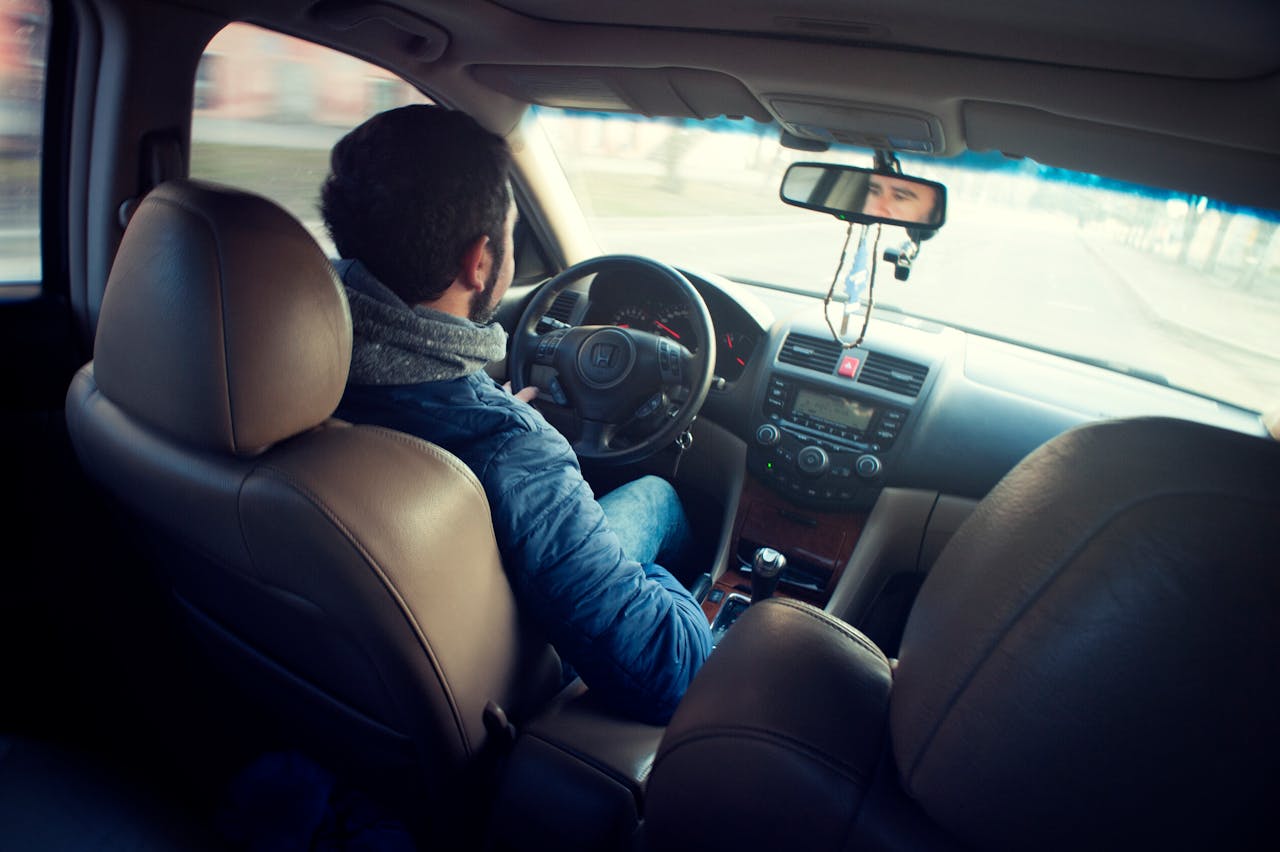
Your car is more than just a way to get from point A to point B—it’s an investment that requires proper care and attention. While regular maintenance is essential, the way you drive also plays a huge role in how long your vehicle lasts. Many common driving habits can cause serious damage over time, leading to costly repairs and decreased performance. In this blog, we’ll dive into 10 driving habits that are secretly ruining your car and how you can break them to keep your vehicle running smoothly for years.
1. Accelerating and Braking Suddenly
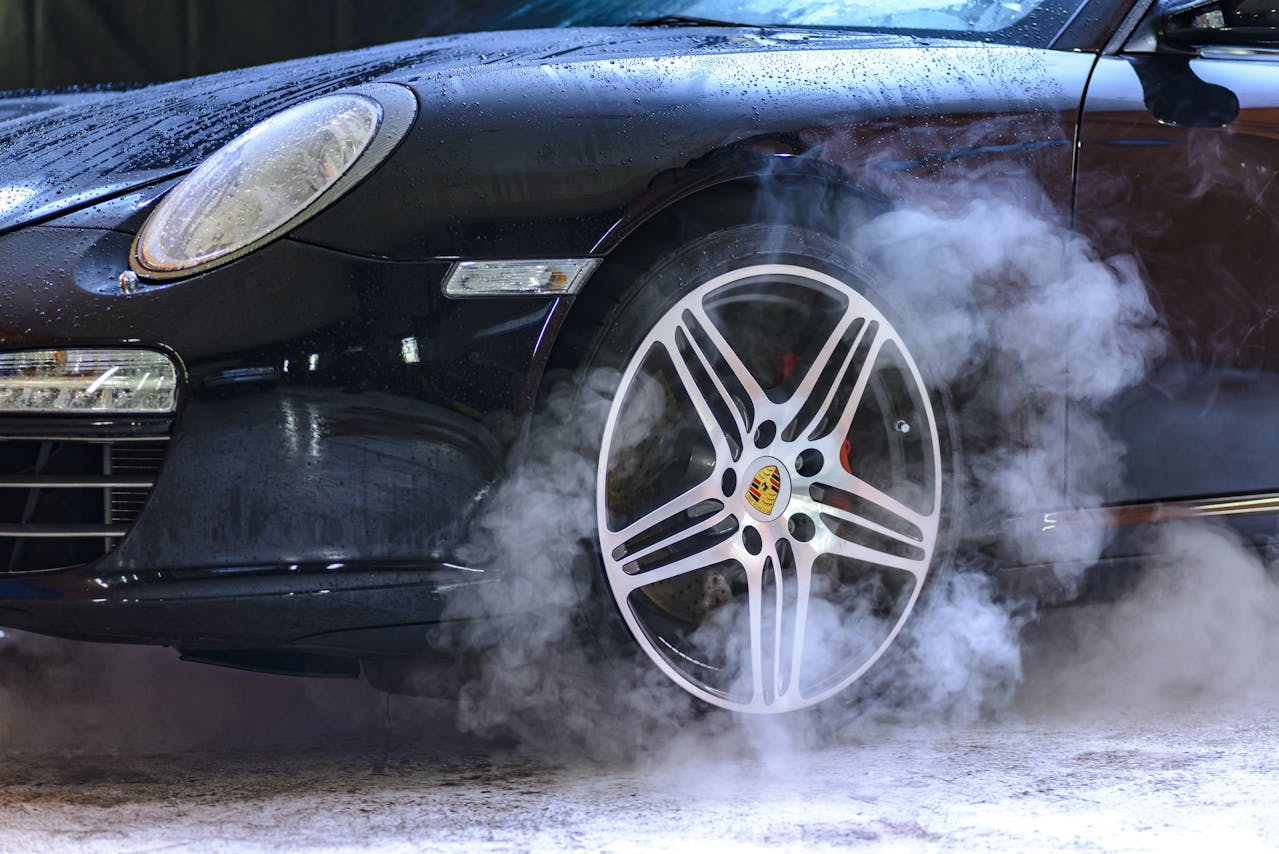
You’ve probably been in a rush at some point, pressing the gas pedal hard and slamming on the brakes to avoid missing a light or make a quick stop. While this might seem like a time-saver, it can actually cause serious damage to your car’s engine, brakes, and transmission. Sudden acceleration and braking create unnecessary strain on your vehicle’s components, leading to premature wear. To protect your car, try to accelerate and brake smoothly. Gradual movements will not only improve your car’s lifespan but also enhance your fuel efficiency and safety.
2. Ignoring Warning Lights
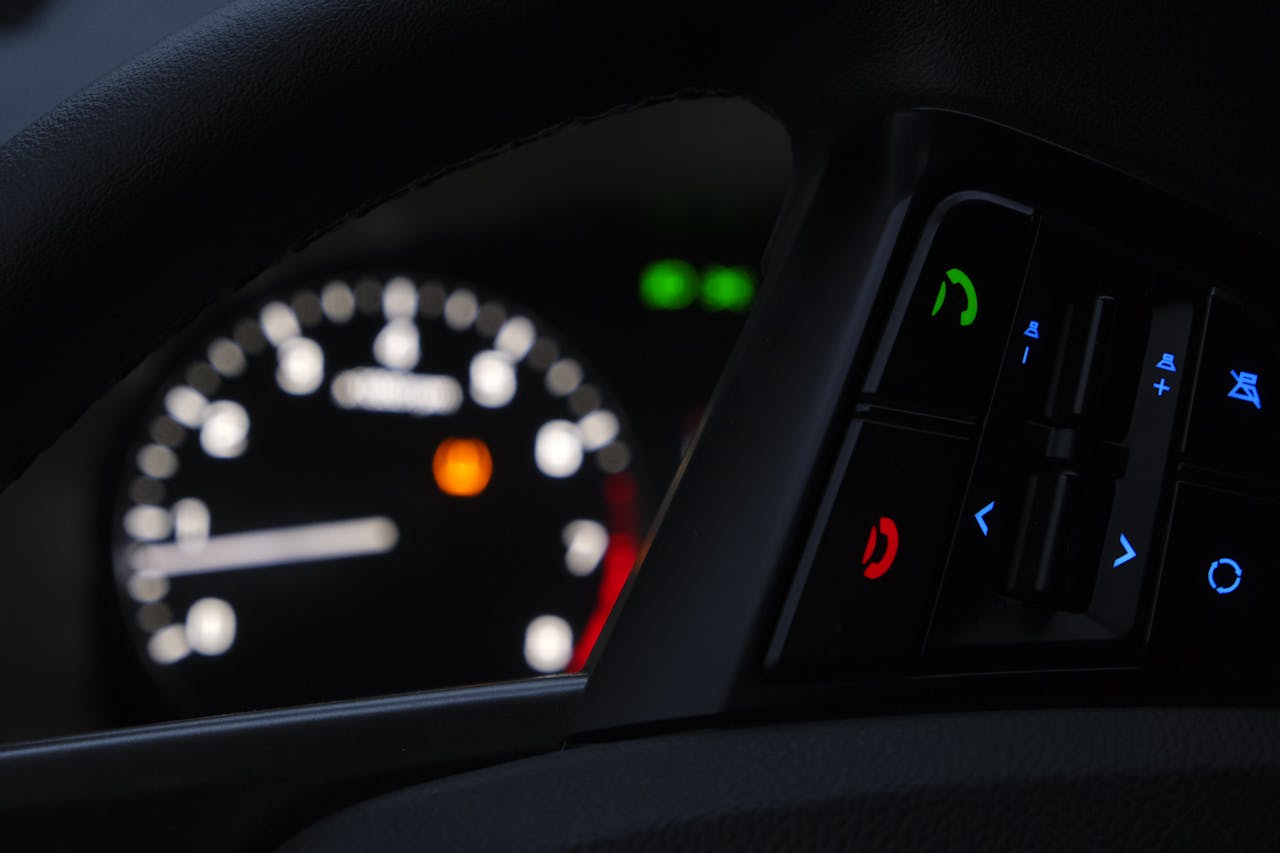
Those little warning lights on your dashboard aren’t just there for decoration—they’re there to tell you something is wrong. Ignoring them can lead to major problems down the road. Whether it’s the check engine light or the oil pressure warning, these lights signal that your car needs attention. If you continue driving without addressing the issue, it could lead to expensive repairs, or worse, a breakdown. Always take the time to investigate any warning lights that appear, and get your car checked out when necessary to avoid further damage.
3. Driving with Low Tire Pressure
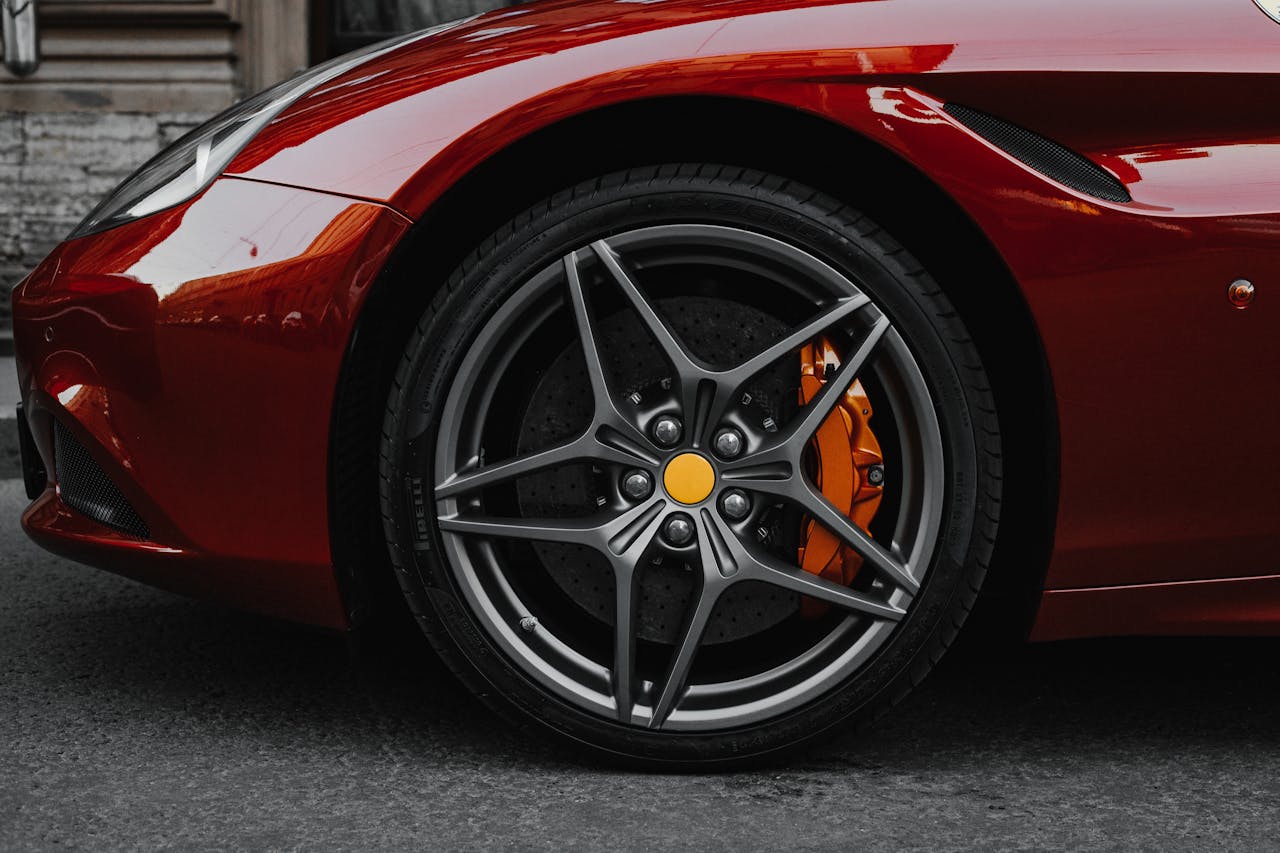
Driving on underinflated tires is a common habit that can severely affect your car’s performance. Low tire pressure creates more friction between the tires and the road, which leads to faster wear and poor fuel economy. It can also put extra strain on your suspension and alignment. To avoid these issues, check your tire pressure regularly—especially before long trips—and make sure they are inflated to the manufacturer’s recommended levels. This simple task will improve your car’s handling and save you money in the long run.
4. Neglecting Regular Oil Changes
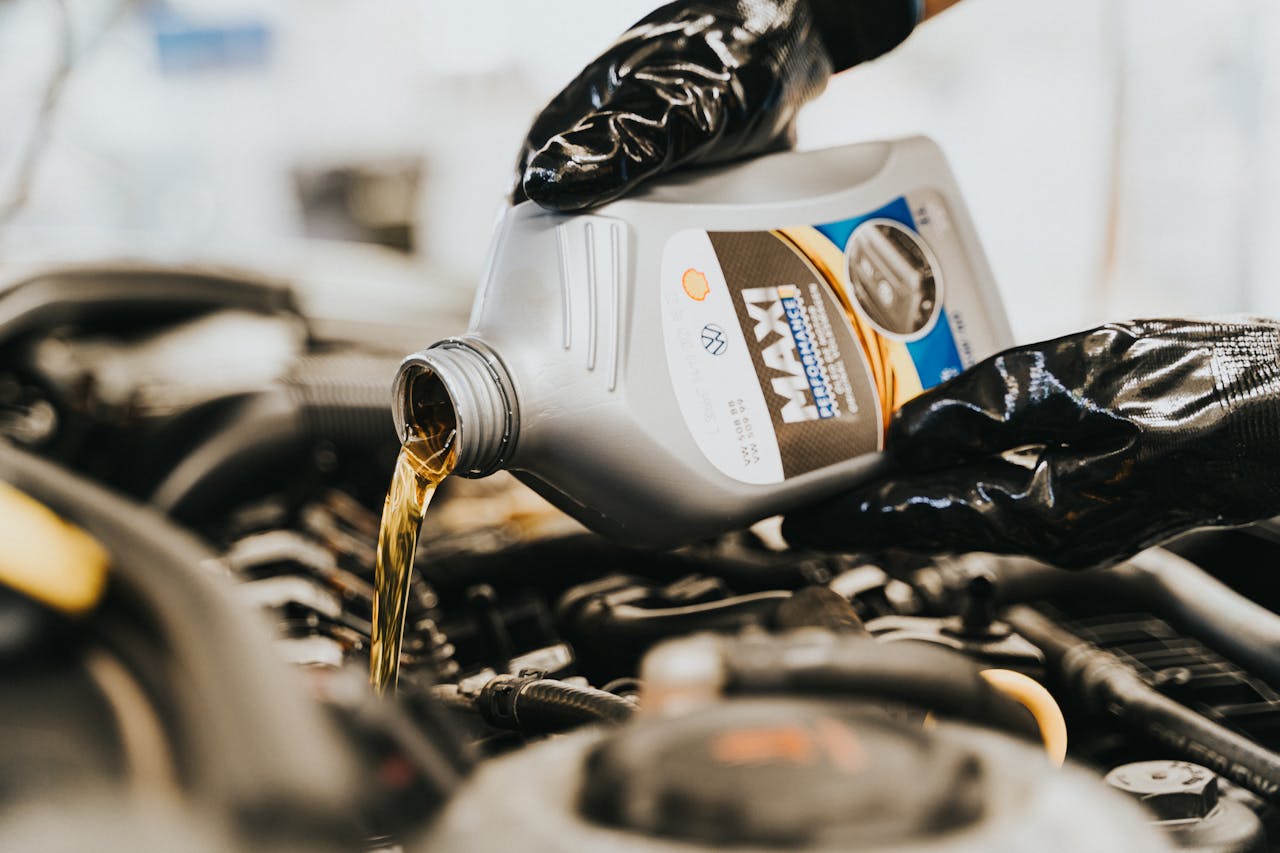
Your car’s engine oil is vital for keeping everything running smoothly. Over time, the oil breaks down and loses its effectiveness, which can lead to increased friction, overheating, and engine damage. Skipping oil changes or delaying them for too long can cause your engine to suffer, resulting in costly repairs or even a complete engine failure. Stick to a regular oil change schedule based on your car’s manual to ensure your engine remains well-lubricated and runs efficiently.
5. Overloading Your Car

It’s easy to think that your car can handle extra weight, especially when you’re hauling groceries, luggage, or other heavy items. However, overloading your vehicle can strain its suspension, brakes, and engine. This can lead to premature wear on vital components and even affect your car’s handling. Always check the manufacturer’s recommended weight limit for your vehicle and avoid exceeding it. Not only will this protect your car, but it will also improve your safety on the road.
6. Riding the Clutch
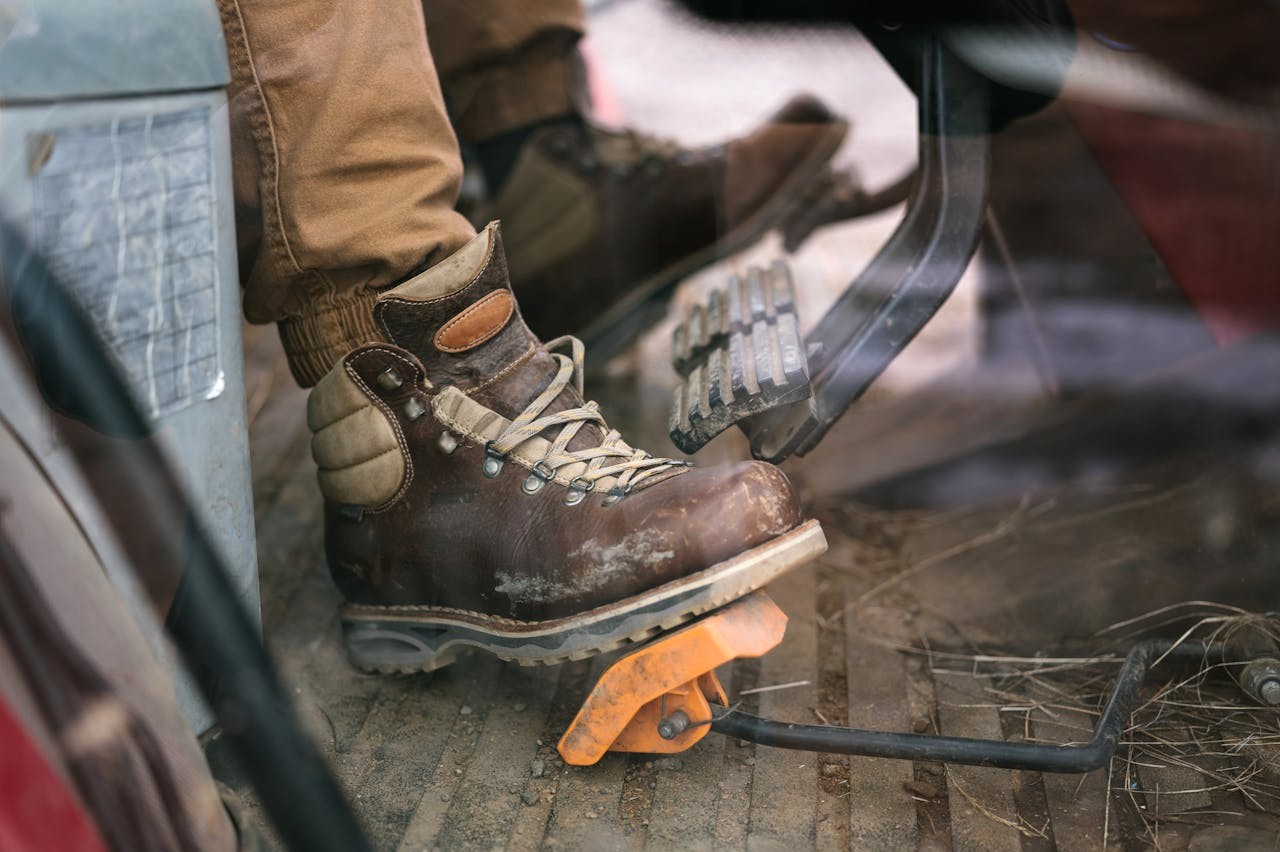
For drivers with manual transmissions, riding the clutch is a common bad habit that can cause unnecessary wear on your car’s clutch system. Keeping your foot on the clutch pedal when you’re not shifting gears can lead to premature clutch failure. This simple action can result in a slipping clutch, which can be expensive to fix. To avoid this, only engage the clutch when shifting gears, and keep your foot off the pedal when it’s not in use.
7. Short Trips and Frequent Stops
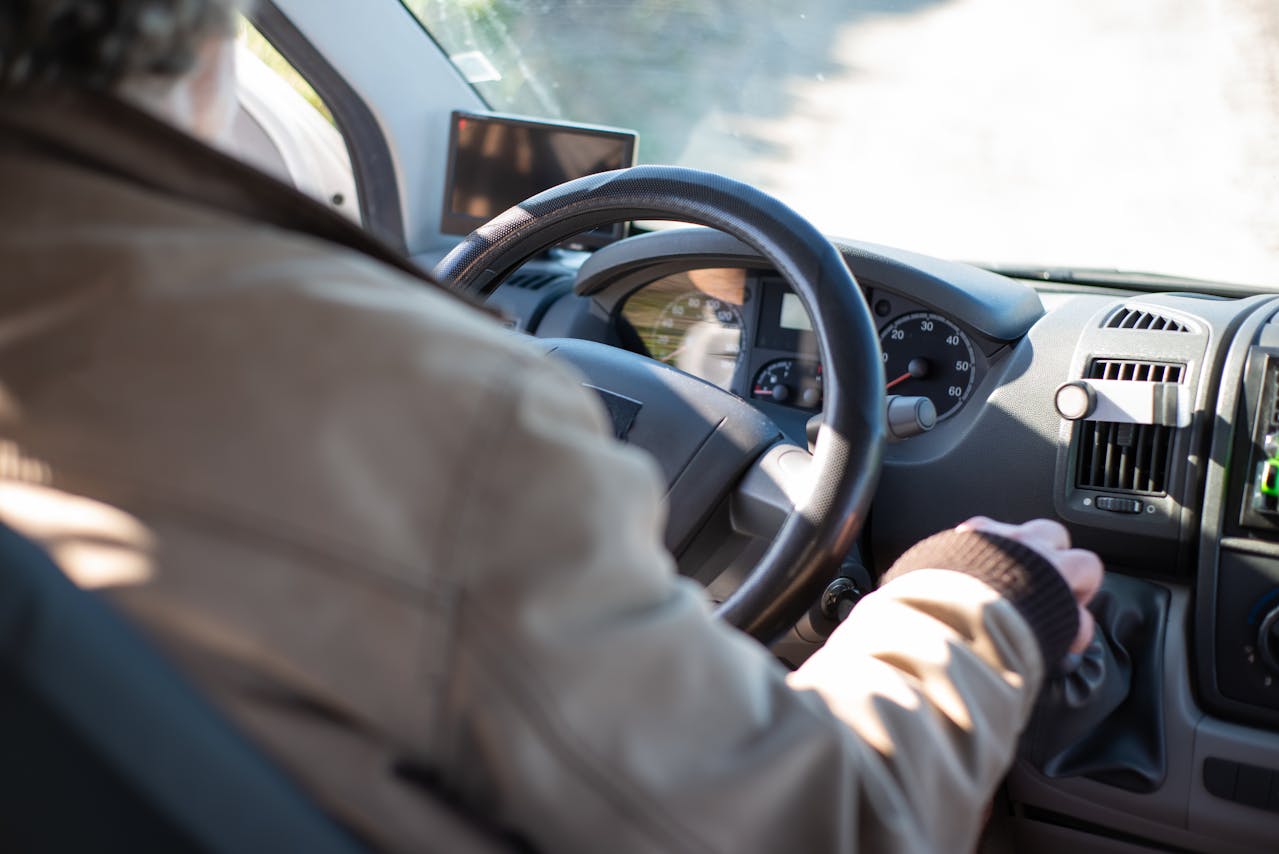
Frequent short trips or constant stops and starts in heavy traffic may seem like a normal part of driving, but they can be hard on your car. Short trips don’t allow your engine to fully warm up, which can lead to inefficient fuel combustion and increased engine wear. Frequent stops and starts also put strain on your brakes and transmission. Whenever possible, combine errands into one trip and avoid excessive idling to help preserve your car’s longevity.
8. Revving the Engine When Cold
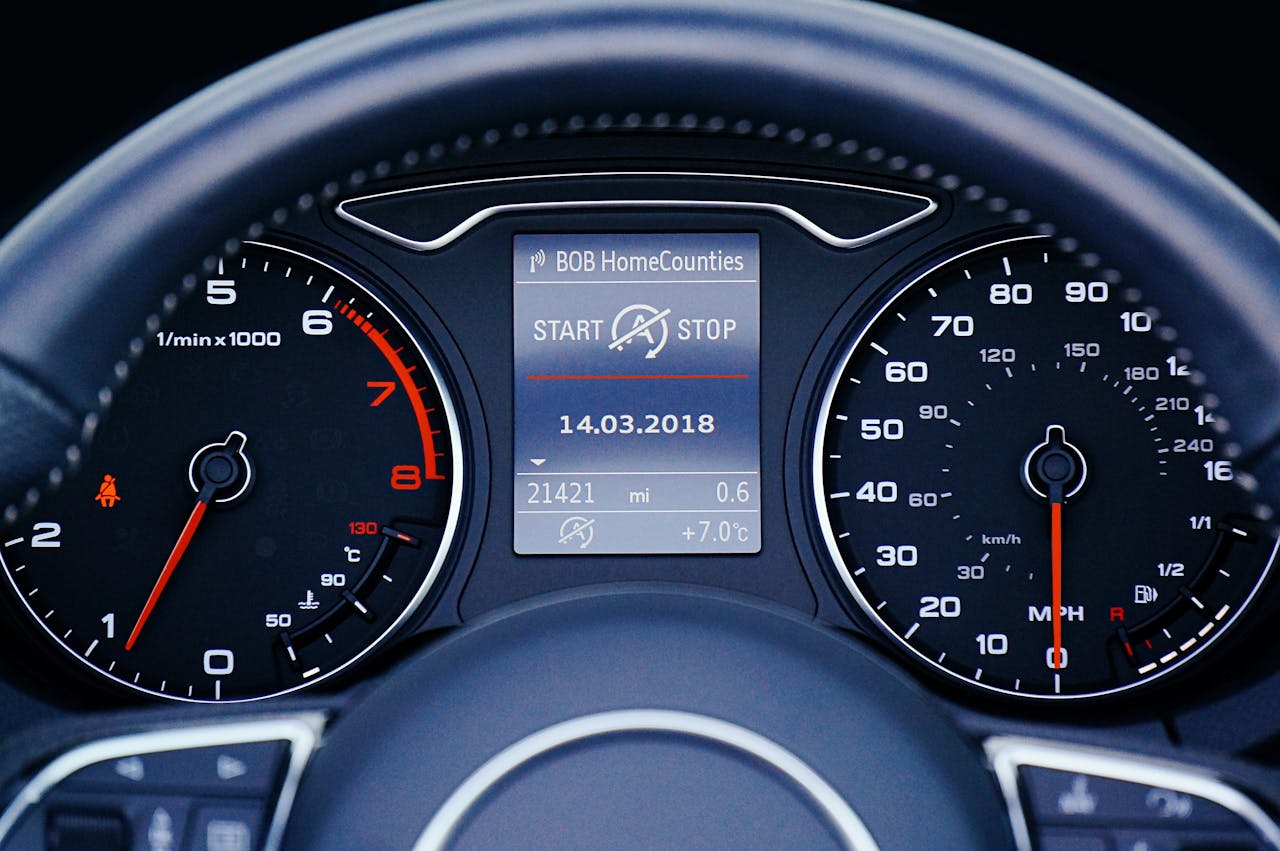
It can be tempting to rev your engine when it’s cold, especially if you’re in a hurry. However, this is a habit that can seriously damage your engine over time. When the engine is cold, the oil hasn’t circulated fully, and revving it can cause unnecessary stress on the engine’s components. Instead of revving, allow your engine to idle for a minute or two before driving to give the oil time to circulate and ensure smoother operation.
9. Not Using the Parking Brake
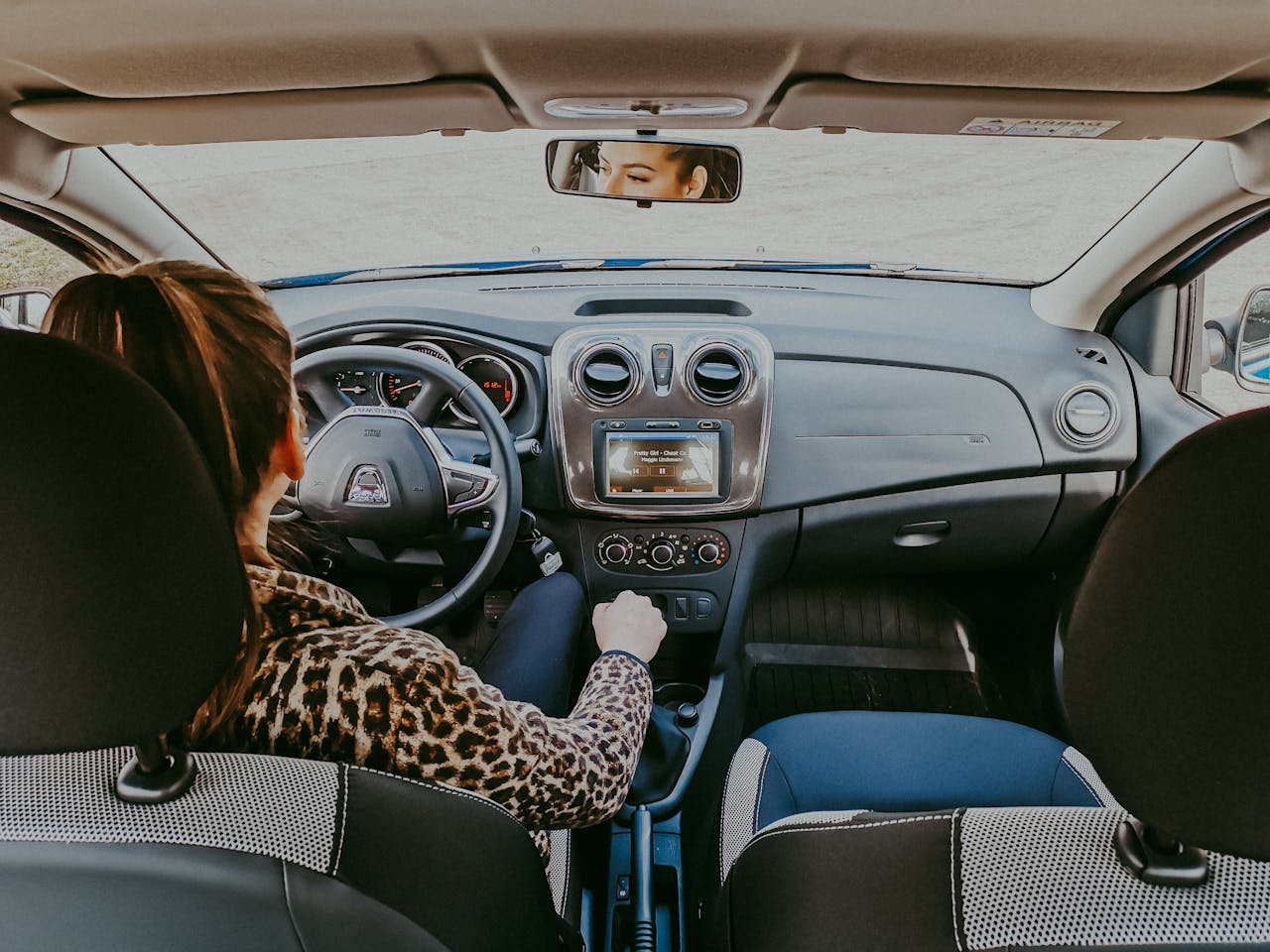
Many drivers neglect to use the parking brake, especially when parking on level ground. However, failing to engage the parking brake can cause unnecessary strain on your car’s transmission. Without the parking brake, the transmission bears the full weight of the vehicle, which can lead to premature wear. Make it a habit to always use the parking brake, even when parking on flat surfaces, to protect your transmission and ensure your car stays securely in place.
10. Ignoring the Air Filter
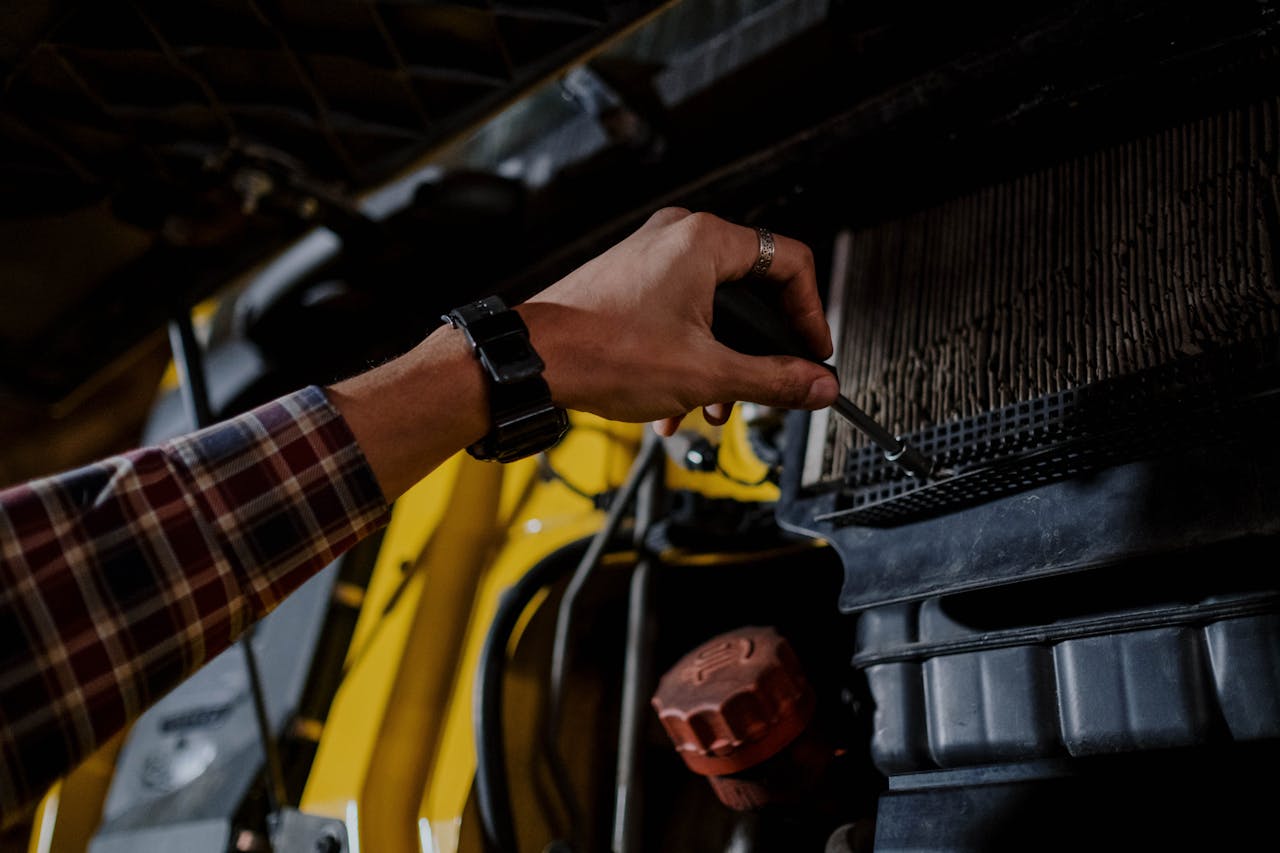
The air filter in your car plays an essential role in maintaining engine health by preventing dirt and debris from entering the engine. Over time, the air filter can become clogged, which reduces engine efficiency and can even lead to engine damage. A dirty air filter can also decrease fuel efficiency and cause your car to perform poorly. To keep your engine running smoothly, check and replace the air filter regularly, especially if you drive in dusty or polluted areas.
Final Thoughts

Your driving habits are more important than you might think when it comes to the health of your car. From speeding up and slamming on the brakes to neglecting regular maintenance, these bad habits can lead to costly repairs and a shorter lifespan for your vehicle. By making a few simple changes—like accelerating smoothly, using the parking brake, and staying on top of oil changes—you can protect your car and keep it running smoothly for years. Start paying attention to your driving habits today, and your car will thank you tomorrow.
Leave a Reply